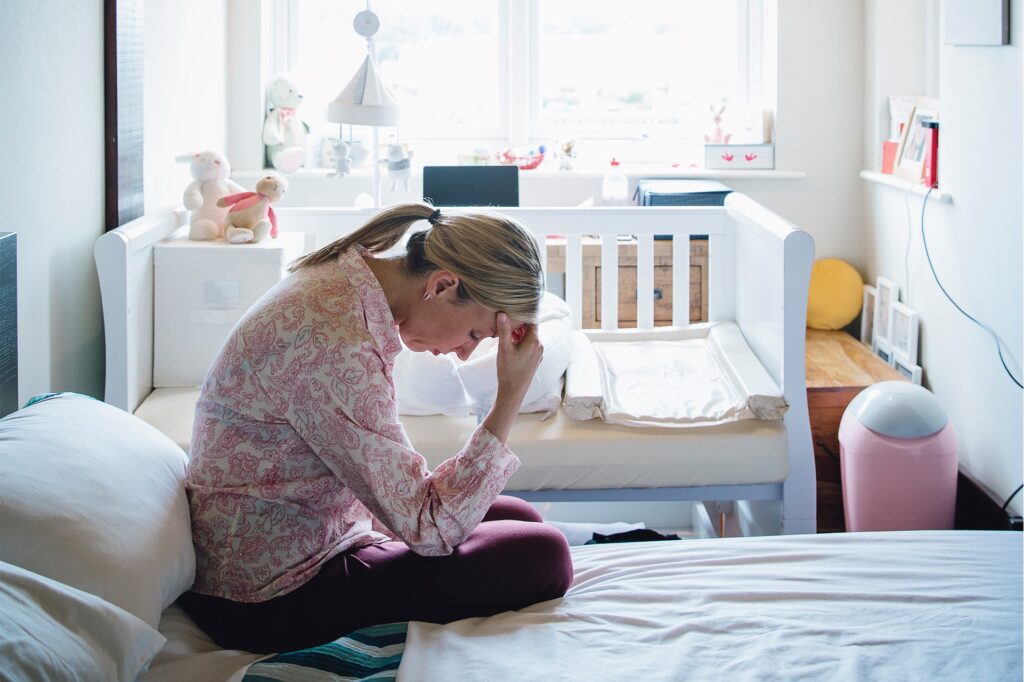
Tragically, in some cases, Group B Streptococcus (GBS) causes a severe brain injury or a stillbirth or neonatal death. The families who contact Enable Law usually wish to try and obtain the lifelong care and treatment their disabled child requires as well as seek answers to why the traumatic event occurred and prevent this from happening to anyone else.
In a medical negligence claim, the most obvious outcome is obtaining compensation. Whilst this is the main focus of the claim, at Enable Law, we also request non-monetary remedies from the Hospital, if the client wishes. These requests are made to try to bring about positive change for the future and to ensure that lessons are learnt.
Some examples of the non-monetary remedies that we have asked for include:
- Changes to hospital guidelines and protocols
- Additional training for clinical staff
- Using the family’s story as a case study for future training for clinical staff
- A formal written apology
The non-monetary remedies are very much driven by the families’ wishes and the changes that they want to see from their child’s brain injury, stillbirth or death. We believe that the litigation process can bring about positive change in midwifery, obstetric and neonatal practices for the future and hopefully save other families from having to go through a similarly traumatic event.
There is no obligation on the hospital to take on board and action our client’s requests for non-monetary remedies. However, we often find that where a hospital admits to errors in the care provided, they will also consider our requests and respond positively.
At Enable Law, we strive to effect positive change with every family we work with. We are pleased that in the majority of cases, we have managed to successfully obtain non-monetary remedies for our clients, in addition to the financial compensation.


















